When an all-female cast of seven staged The Vagina Monologues in Malawi in late 2020, it represented the third time the play—regarded to be so explicit in African culture—had been done in an African country. The staging was timely, as the country had been seeing a continued rise in cases of rape and sexual abuse. Produced by YDC Theatre in collaboration with Dikamawoko Arts, the production interrogated Augusto Boal’s idea of Theatre of the Oppressed as a means of practising for the revolution in response to gender-based violence.
The period of 16 Days of Activism, which is an annual international campaign for the elimination of violence against women, falls between end of November and early December every year and runs for ten days. According to Dikamawoko Arts’s director, Tawonga Taddja Nkhonjera, “At the time, all media outlets in Malawi were reporting cases of gruesome accounts of rape and sexual abuse in different communities across the country, on a daily basis.” There had recently been a case reported of a man who raped three young women, one of a man who raped his prepubescent niece, one of a man who raped his neighbor’s six-month-old baby, and one where a man defiled his own daughter. These events triggered YDC Theatre and Dikamawoko Arts to step up and speak out through a production. They coveted a global voice that could resonate with the movement, deciding there was no one more apt than V (formerly known as Eve Ensler) and The Vagina Monologues, with V’s own experiences with rape and defilement.
About the production, Nkhonjera, who was also co-producer and director of the play, says: “We wanted an approach that would be in-your-face, unapologetic, and confrontational, yet engaging, expressive and empathetic.”


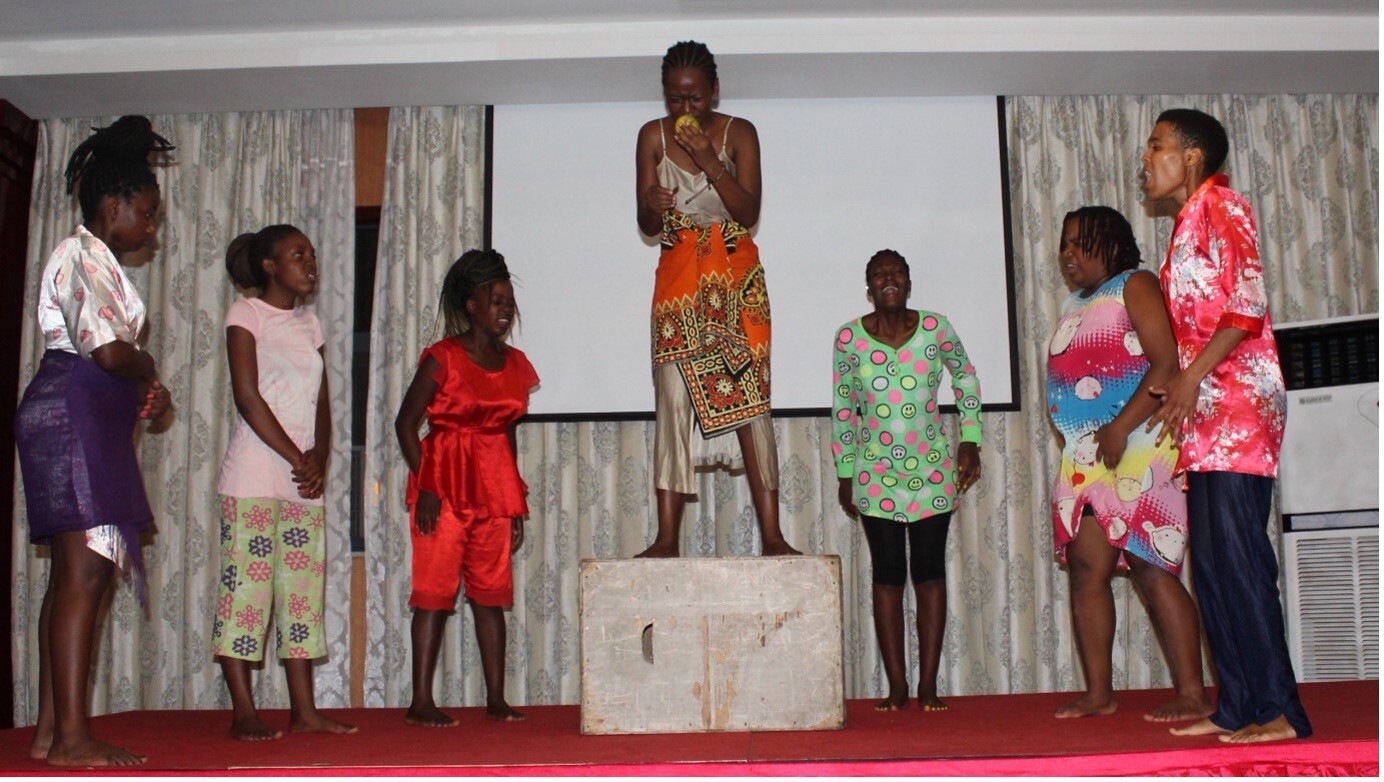
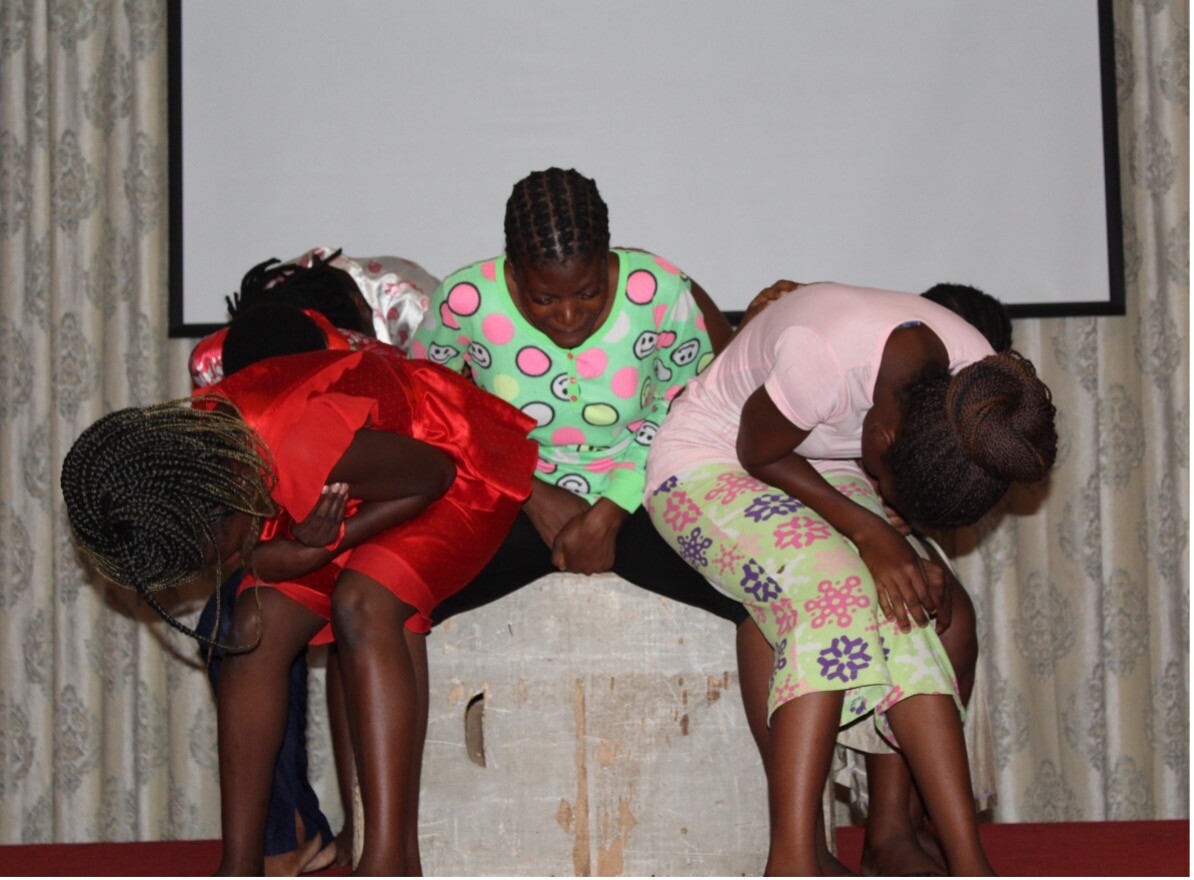
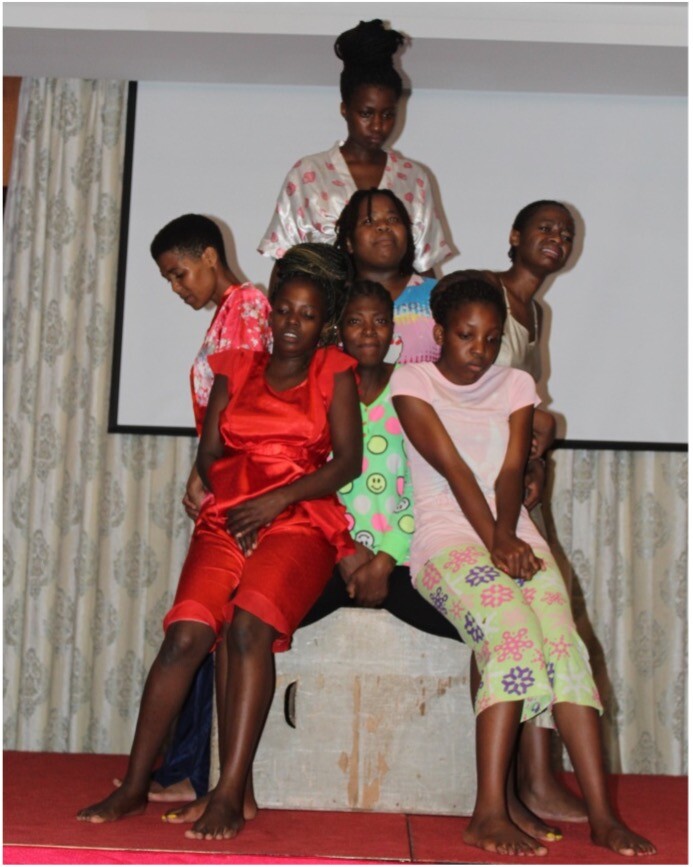
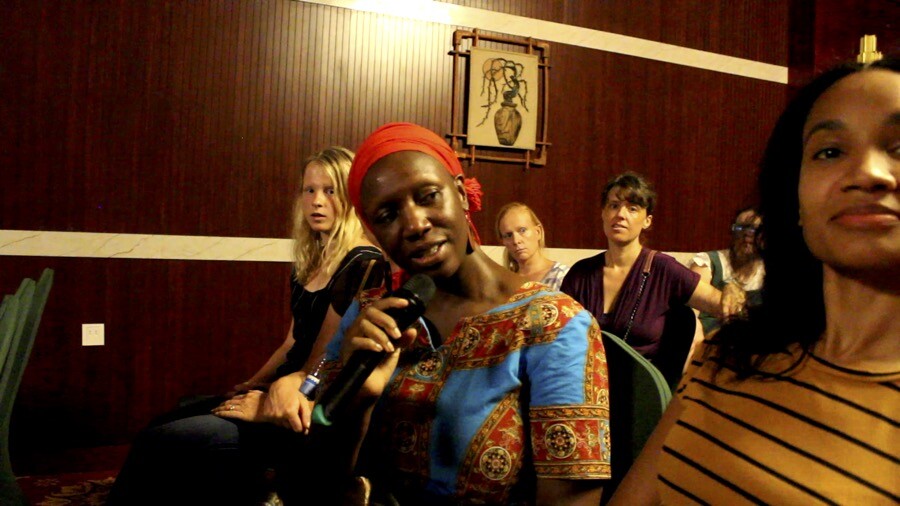
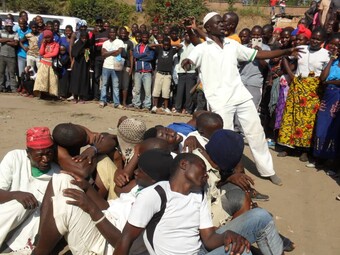





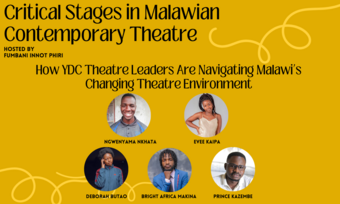






Comments
The article is just the start of the conversation—we want to know what you think about this subject, too! HowlRound is a space for knowledge-sharing, and we welcome spirited, thoughtful, and on-topic dialogue. Find our full comments policy here
I like the approach do more of it ....
thank you for reporting on this crucial development; may such performance initiatives keep diminishing rape's social acceptability.